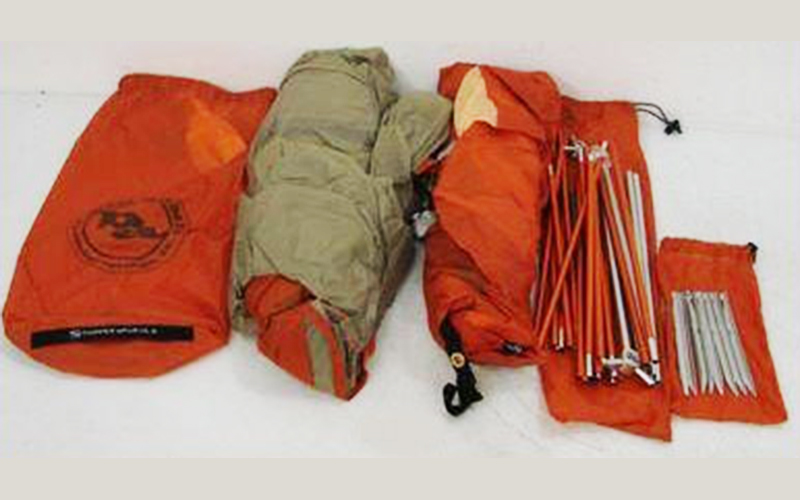How much weight will a tent add to your pack? It depends. Manufacturers list two weights for tents, trail weight and packed weight. Neither is truly accurate.
Packed weight refers to how much the entire tent package weighs when you purchase it, including tent body, fly, poles, stakes, guy lines, stuff sacks, and other accessories such as pole repair sleeves or patch kits.
Trail weight usually refers to the weight of only the tent body, rain fly, and poles. This is also sometimes referred to as minimum weight. The difference between packed weight and trail weight typically hovers somewhere between 5 and 8 ounces.
Unlike packed weight (which is a standard specification across the industry), trail weight can occasionally refer to the bare minimum needed to set up the tent (body, fly, poles, and minimum stake requirements). This varies by manufacturer, but unless stakes are specifically listed as being part of the trail weight, it’s generally safe to assume they’re not.
So which weight is more realistic? The short answer is packed weight. It’s extremely difficult at best to pitch most tents without stakes, few people leave the stuff sacks at home, and guy lines are essential for a rock-solid pitch in rainy and/or windy weather. That being said, tents often include more stakes and guy lines than are absolutely necessary, allowing you to carry less than the packed weight. Plus you can upgrade your stakes, guy lines, and stuff sacks to ultralight options, further reducing total weight. (For more on stake options, see my previous post The Best Tent Stakes? Depends on the Terrain.)
The upshot? A good general rule of thumb for evaluating the total weight of a tent is to look at packed weight and subtract an ounce or two—a bit more if you’re making an effort to reduce the weight of your tent accessories.
Also note that neither of these weights includes a footprint, which typically add another 6 to 12 ounces.
